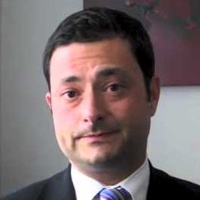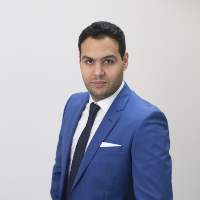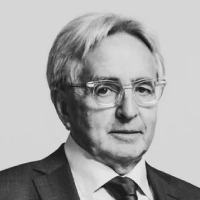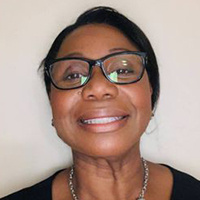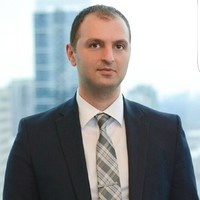Toronto White Collar Crime Lawyer, Ontario
Sponsored Law Firm
-
 x
x

Click For More Info:
-
Caramanna, Friedberg LLP
700 Bay St 405, Box 144 Toronto, ON M5G 1Z6» view mapCriminal Defense Law Defending Your Rights
Caramanna, Friedberg LLP provides comprehensive legal advice and vigorously protects the rights of clients facing criminal charges and regulatory offences.
416-924-5969
Not enough matches for Toronto White Collar Crime lawyer.
Below are all Toronto lawyers.
Matthew Adam Friedberg
✓ VERIFIEDMatthew Friedberg has been a criminal defence lawyer his entire career. He has successfully represented thousands of clients charged with every type o... (more)
Nasif Abdullah
✓ VERIFIEDNasif Abdullah is a practicing attorney in Ontario handling Immigration and Criminal Defense matters.
Leanne Townsend
✓ VERIFIEDProviding a unique combination of family or criminal law legal services and life coaching using a holistic approach. Helping clients as a lawyer, sup... (more)
Susan Alalade
✓ VERIFIEDSusan Alalade studied at the University of Benin where she had a Bachelor of Law. She continued studying at the Nigerian Law School for 1 year and obt... (more)
Mohamed S Elbassiouni
✓ VERIFIEDMohamed Elbassiouni is a Personal Injury Lawyer and heads up the Accident Benefits team with a special interest in cases involving catastrophic impair... (more)
Robert Findlay
✓ VERIFIEDRob has deep roots in the Hamilton area and cares greatly about the community. He understands that when someone is seriously injured they are extremel... (more)
Karen Rosalee Caroline Cunningham
✓ VERIFIEDMs. Cunningham holds an Honours Degree in Political Science graduating Summa Cum Laude, First-Class Standing, from McMaster University in Hamilton, On... (more)
Anamika Sinha
✓ VERIFIEDAnamika Sinha provides dedicated and quality legal services for our clients in the areas of Drafting, Immigration, Collaborative Family law, Child and... (more)
Christopher Achkar
✓ VERIFIEDChristopher works with both employees and employers regarding all their employment law needs, including human rights and business litigation issues. ... (more)
Michael Nelson Freeman
✓ VERIFIEDMichael’s primary areas of practice are family law and civil litigation. This includes labour and employment law, personal injury and motor vehicle ... (more)
 Matthew Friedberg Toronto, ON
Matthew Friedberg Toronto, ON AboutCaramanna, Friedberg LLP
AboutCaramanna, Friedberg LLP Practice AreasExpertise
Practice AreasExpertise